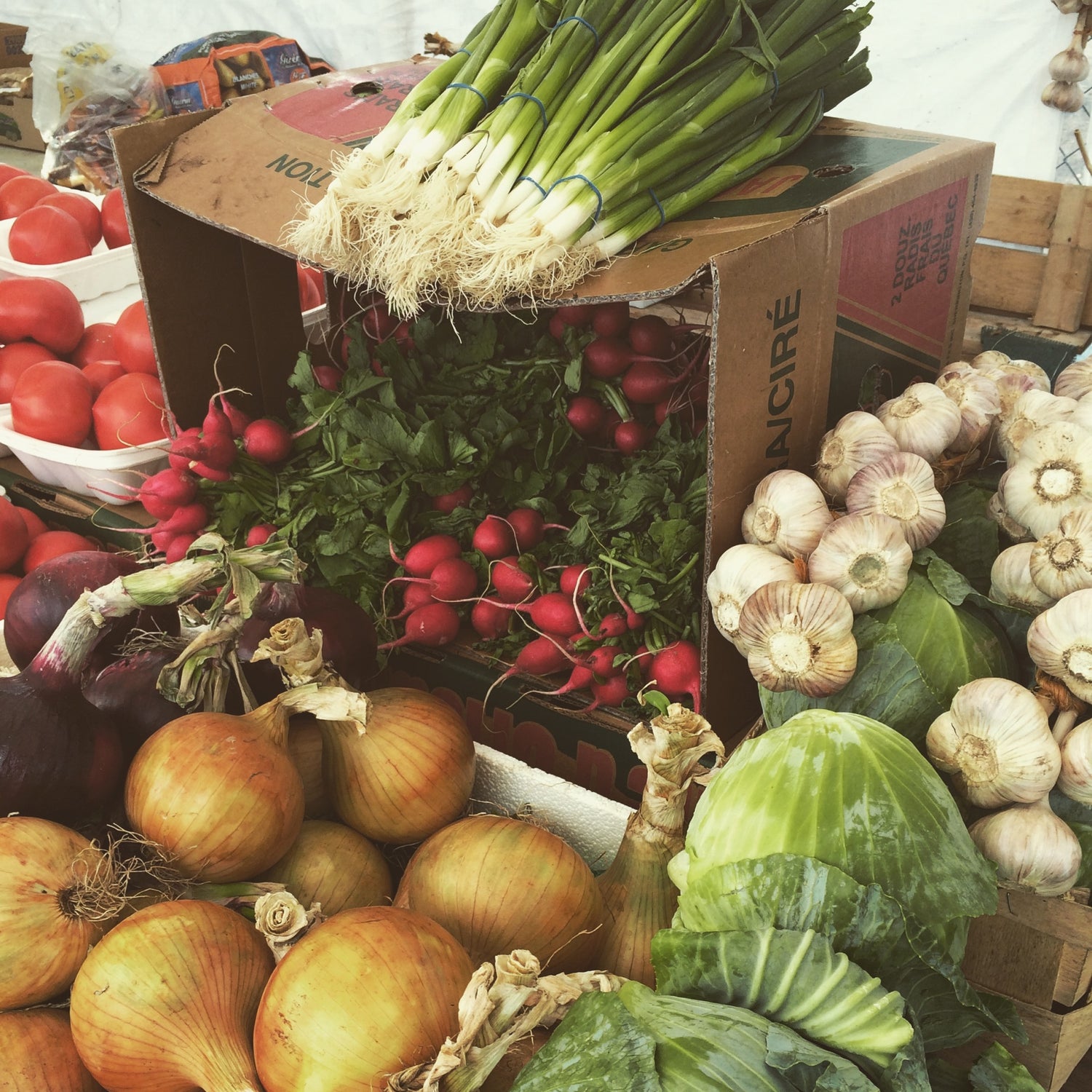In recent years, we have seen the birth of numerous initiatives promoting local purchasing. We are starting to hear more and more about it, to meet people who defend this philosophy. On the other hand, we must admit that this phenomenon remains new. It has no roots yet. I mean it's not part of our culture. I don't know about you, but when I think back to my youth, I find no reference to 'local'. Never heard about that. In no sphere of consumption. The only local thing on everyone's lips at that time was the Montreal Canadiens. That, we were talking about! And there again was the property of an American from 2001 to 2009… And, we will not talk about the origin of the players here, we leave the debate to Ron…
I had never asked myself questions at that time about the origin of my KraftDiner… What child anyway would ask the question “where does my Kraft Diner come from? And the butter and milk that I add to it? And the hot dog sausage to pimp him?” No child pays attention to it if the parents do not. And that is the sinews of war: education. Buying local is a matter of culture and culture is a matter of education. (Above all, please don't judge my mom for the kraft hot dog sausage dinner, it was delicious! J)

The Vermont example
Even today, our American-style way of sourcing food makes it difficult for us to buy local. Large food chains, due to their volume and their logistics, greatly hinder the supply of healthy local products. It is up to us, consumers, to change our reflexes and encourage small markets. To do this, we can ironically take an example from a state…. American! Vermont. Just a stone's throw from our house, local food is ubiquitous and accessible. Everywhere, we display the local, we praise it and highlight it. Farmers' markets are teeming with savvy shoppers. Citizens know how to find good local products and know the advantages they provide: better tasting, better nutritional value, in addition to supporting the local economy. It's part of their culture and they defend it.
The economic impact
A local economy is an exponential cycle. Every dollar invested in a local business will automatically generate reinvestment from that business in the local economy, whether through salaries, the purchase of raw materials, transportation or infrastructure. I take the following example which sums up well all the themes that I discuss in this post.
The University of Vermont has shown in a study that every dollar invested in the purchase of local food by schools in the state actually represents $1.60 injected into the local economy. A fruiting of 60%! That's a good argument cheese!
Make the effort today to become the reflex of tomorrow
We have to admit that here we still have a lot to do in order to transform buying local from a phenomenon into a way of life. It shouldn't be an effort, but rather a reflex. For now, not all local food products are easily accessible. We do our grocery shopping in the big chains. We need to encourage more small markets such as public markets and consume more local products. A marked increase in demand will automatically make new small markets appear closer to our homes and therefore more accessible.

We must work to make local food our culture. This evolution must also take place through the education of our children. Let's get them to ask themselves questions about the origin of their plate so that they acquire the reflex of local sourcing. We have everything you need in Quebec: quality products made by outstanding artisans.
Now it's up to us consumers to get involved in order to influence the market and create the recipe for our local culture!







Leave a comment
This site is protected by hCaptcha and the hCaptcha Privacy Policy and Terms of Service apply.